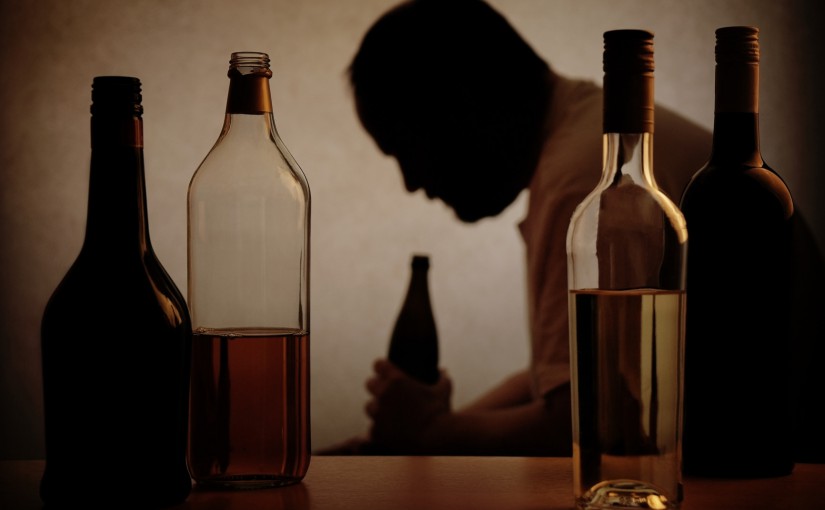The Sick Doctors Trust
Lizzie Croton, GP writes about The Sick Doctors Trust, a charity providing support for doctors concerned about their use of alcohol or drugs
It's a tremendous privilege to be able to offer a listening ear to a fellow professional. The stories we hear can be harrowing but I believe that once that person takes that step and reaches out for help, then there is always hope.
A recent BMJ article discussed the reasons why doctors don't take sick leave (1). It cites the high levels of job stress as one of main reasons why doctors self medicate with drugs or alcohol. This is undoubtedly true.
Alcohol and drugs provide a quick and predictable mood change which can alleviate racing minds and unpleasant feelings. This effect is so seductive that it becomes easy to repeat it over and over again with the inevitable negative consequences.
Currently the SDT receive around 5 calls per week from doctors, their colleagues and family members. I suspect this is the tip of the iceberg.
Every story is different but there are some common themes. There is distress, a fear of the regulatory authorities and a tremendous sense of self loathing.
These professional are hard working, caring individuals who have found themselves dependent on substances and it can be very difficult to see a way out.
The responders at SDT are all practicing doctors and dentists. Most of us have had personal experience of substance addiction and have recovered. We volunteer our time because we believe that with the right support, people do recover. Addiction is a secretive beast and there is tremendous therapeutic power in speaking to someone who gets where you're at and knows what it feels like.
Typically we'll listen and signpost towards one of the many recovery organisations in the UK (links below). We are anonymous and many people choose to withhold their names.
The BMJ article cited above suggests that if a doctor believes they have a problem with alcohol or drugs to talk to someone they can trust. This is good advice and I know of many colleagues who have confided in their colleagues or GPs and received fantastic support.
I'm often asked how do people know if they have a problem with alcohol or drugs. Narcotics and Alcoholics Anonymous have questionnaires on their websites which can be helpful.
In my experience, doctors often feel that they are functioning very well when in fact they are struggling. Collateral evidence from colleagues and family members is very helpful and can help increase insight into the problem.
"Does alcohol cost you more than money?" is a thought provoking question from AA which helps evaluate if the doctor has a problem or not.
As a final note, I'd encourage any doctor reading this who feels that this might apply to them to reach out and seek help. Recovery is possible and eminently achievable
References:
Oxtoby K. Why doctors don't take sick leave? BMJ 12th December 2015
Websites
http://www.alcoholics-anonymous.org.uk
http://ukna.org
UK based mutual support group for doctors and dentists in recovery from addiction to alcohol and other drugs


